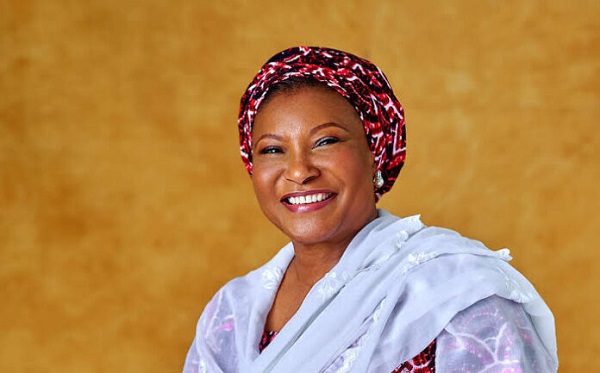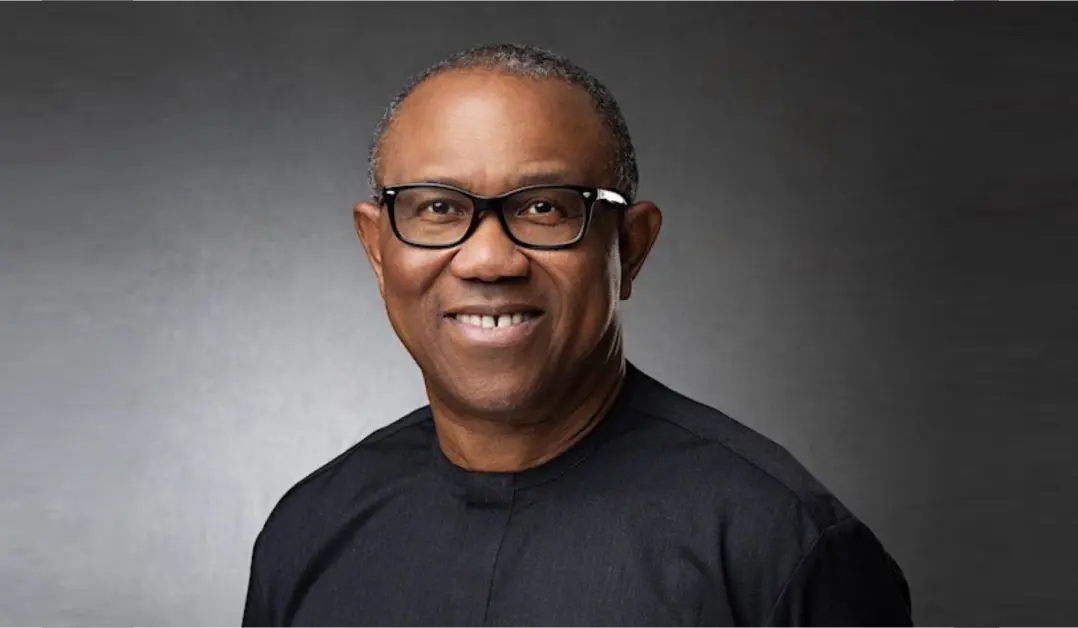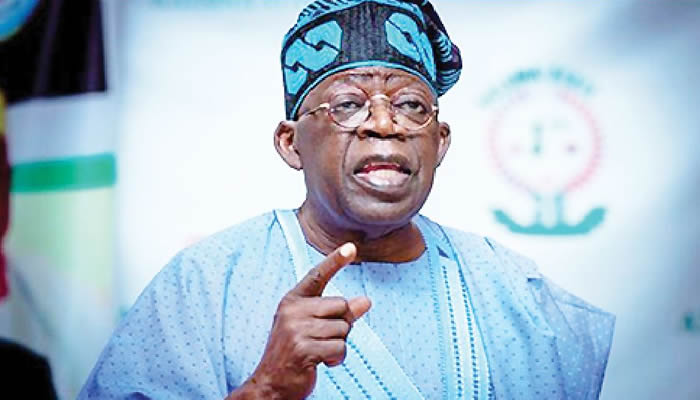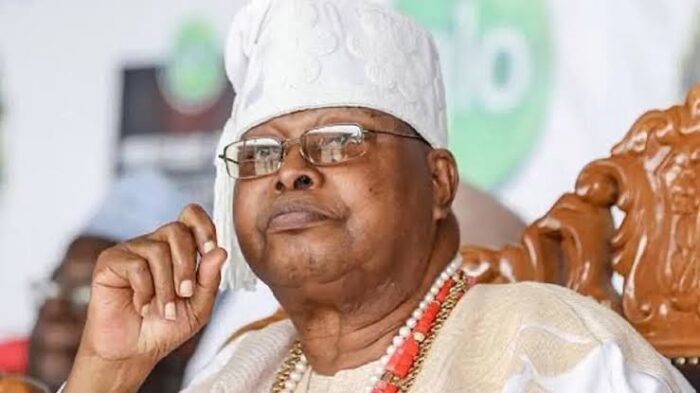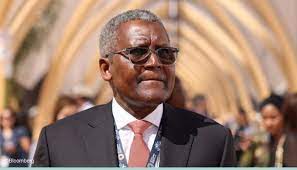Many, with the trend of appointments, particularly in the private sector in Nigeria, see women as shattering glass ceilings in their numbers.
The past two years have seen Mrs Toki Mabogunje and Hajiya Saratu Iya Aliyu emerge as Presidents of the Lagos Chamber of Commerce and Industry (LCCI) and the Nigerian Association for Chambers of Commerce Industry Mines and Agriculture (NACCIMA) respectively.
More recently, women such as Dr Ije Jidenma, Dame Adebola Williams, Dr Chinyere Almona and Mrs Bisi Adeyemi have gone ahead to take on delectable, sensitive and economically important positions in their respective institutions.
Jidenma is the newly-elected President of the Institute of Directors (IoD); Williams, President, Nigerian-American Chamber of Commerce (NACC); Adeyemi, President, Nigerian-British Chamber of Commerce (NBCC); while Almona is the new Director-General, LCCI.
This ascension of women, many see as a positive development, and seek more of such, especially in the political space. with the drive to attain the 35 per cent affirmation as enshrined in the Beijing plan of action.
The popular Beijing declaration for women’s political empowerment in 1995 to the tune of 35 per cent requires governments, international organizations and civil society groups to take a range of actions to enhance women’s political emancipation.
in Nigeria, the National Gender Policy (NGP) recommends 35 per cent affirmative action and seeks more inclusive representation of women in both elective political and appointive public service positions.
Globally, women constitute over half of the world’s population and contribute in vital ways to societal development generally, assuming key roles as mothers, producers, home-managers, community organisers, as well as socio-cultural and political activists.
In spite of the numbers, some experts, however, say that women participation in Nigeria as board members, leaders of choice organisations, and in the political space is still low.
This, they say, is so against the backdrop of the required benchmark of the Beijing affirmation.
Mabogunje believes that, though women have come to excel in all walks of life, as scientists, politicians, business leaders, professionals, technocrats, amongst others, progress in Nigeria is slow, particularly in the political space.
Politically, women in the ninth assembly account for seven out of 109 Senate members and 13 of the 360 in the Federal House of Representatives.
She said that more room should be given to women, with nominations into elective and appointive positions, to ensure the implementation of the Beijing Declaration, the Sustainable Development Goal on gender equality, and Nigeria’s National Gender Policy and framework.
Mabogunje noted that Nigerian women had proved themselves to be more than capable, qualified and experienced to occupy available positions, and demonstrate their expertise and resourcefulness if given the opportunity.
She recalled the efforts of the Central Bank of Nigeria in 2012 which mandated that each bank operating in the country should publish gender positions of its workforce in its annual reports beginning year end 2013.
This, the LCCI President said, demonstrated that the rise of women to the helm in financial institutions in Nigeria recently was not accidental.
“Nine years ago, policies were put in place at financial institutions that made it possible for competent, experienced, well qualified women to rise to these positions.
“So, the institutions where you see women rising into positions of leadership are institutions that are imbibing a culture of inclusion.
“As a result of this, these institutions are experiencing better bottom line results, market competitiveness and strategic corporate leadership.
“Other corporate entities and organisations that are watching the successes of these institutions are slowly being convinced to open up the leadership space to women,” she said.
Mabogunje charged women to move with the pace of the current knowledge economy made up of intellectual capital, change (uncertainty and risk) and globalisation ruling the world.
“Young women must understand that it is very important for them to be competent and knowledgeable about the work that they do.
“Everyone faces challenges in career, politics, and business, especially as you climb the corporate ladder to the top.
“It still happens to be a man’s world; as we continue the struggle for gender equality, women must know that they will probably have to work twice as hard as their male counterpart for the same promotion,” she said.
Mrs Chinonso Okechukwu, Focal Person, The Nigerian Feminist Forum (NFF), said that women participation in Nigerian politics and their representation in offices of decision are important.
Okechukwu, however, said that politically, women had been relegated to the background, despite the effort put forward by non-governmental organisations following the Beijing declaration.
She noted that Nigerian women were still being marginalised due to the style of leadership inherent in the country, with enormous underlying structural challenges.
The gender activist said that the under representation of women in political participation gained root due to the patriarchal practice inherent in the society, much of which were obvious from pre-colonial era till date.
She, however, stated that the re-introduction of democratic governance had witnessed an increase in women’s political participation both in elective and appointive offices in Nigeria, albeit the minimal representation.
Okechukwu advised political parties to create a support network for prospective aspirants by pairing them with established women politicians.
These politicians, she said, would play the role of mentors and provide capacity building for young or aspiring female ones, to develop them ahead of subsequent elections.
“In spite of the challenges women face, women activism and advocacy, education of women, positivity on the part of successive governments towards women empowerment and interest of women to participate in politics are getting a lot of positive energy.
“This is an indication that the participation of women in politics has a bright future,” she said.
Adeyemi, newly-elected President, NBCC, believes women should put their best foot forward, as they can do beyond shattering the proverbial limiting glass ceiling.
“For me, successful leadership in general, irrespective of whether you are male or female, entails empowering one’s self and doing what you’re given to do to the best of your ability, not because you’re a woman but because you are an individual of excellence,” she said.


